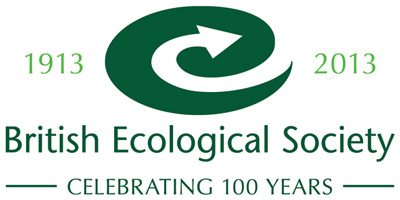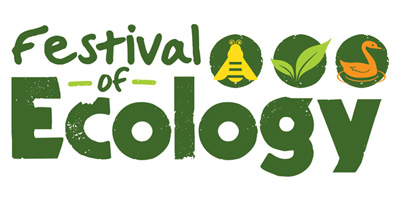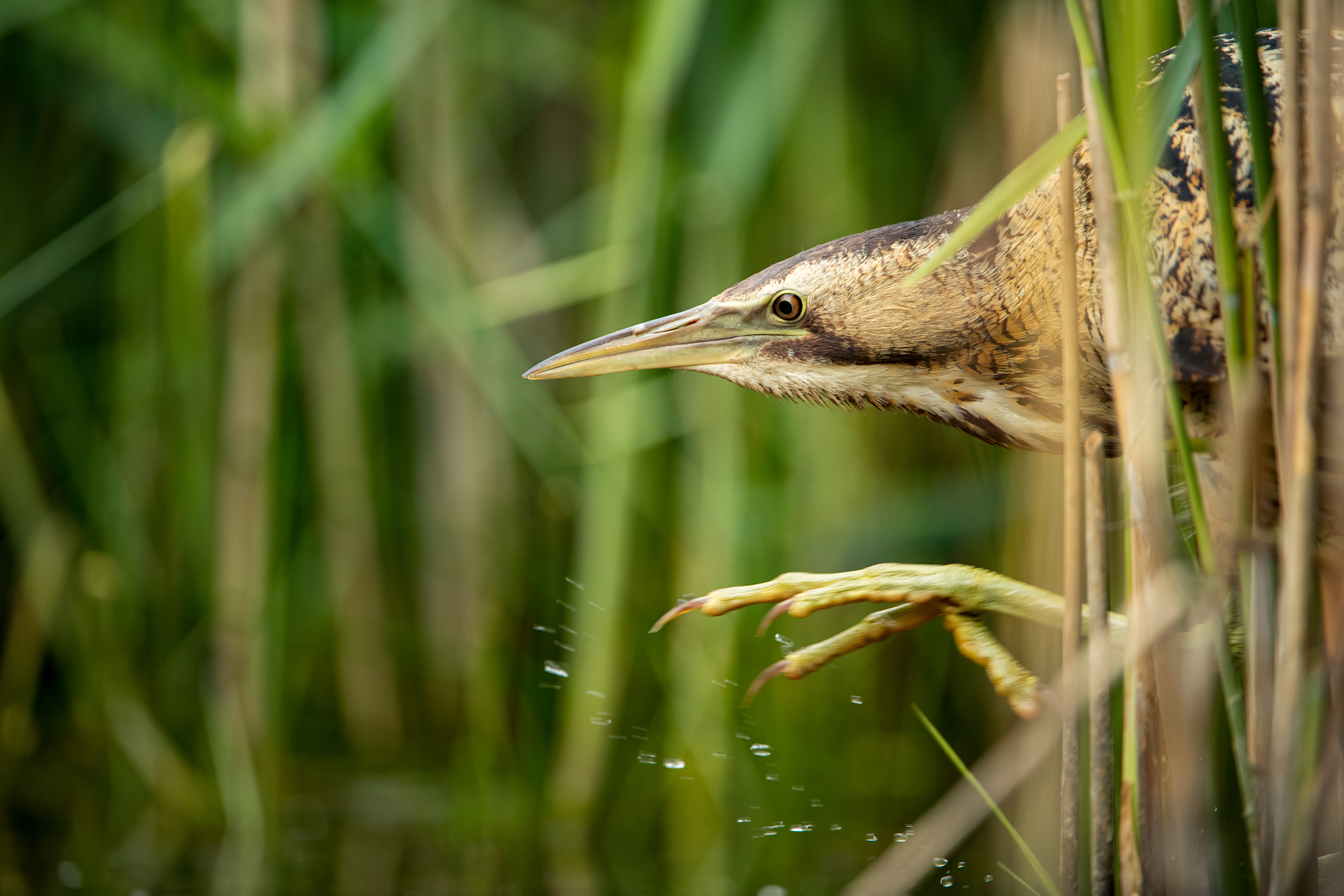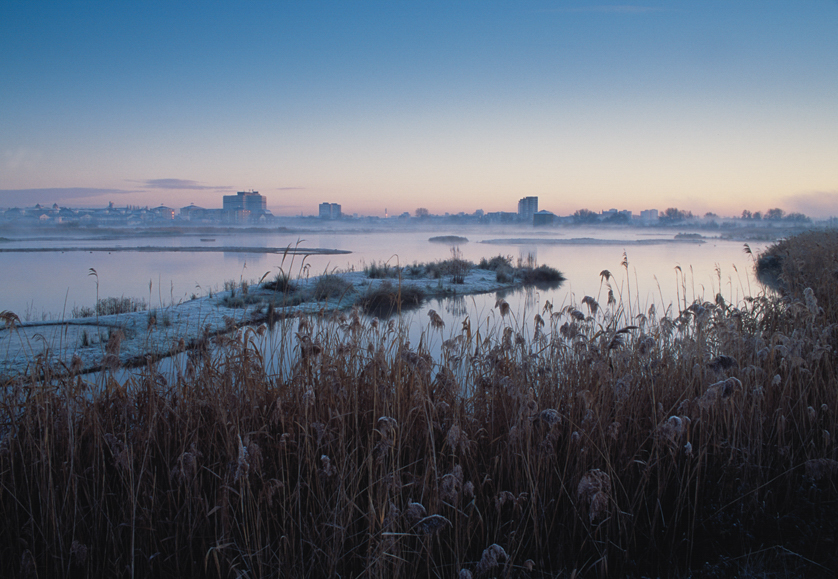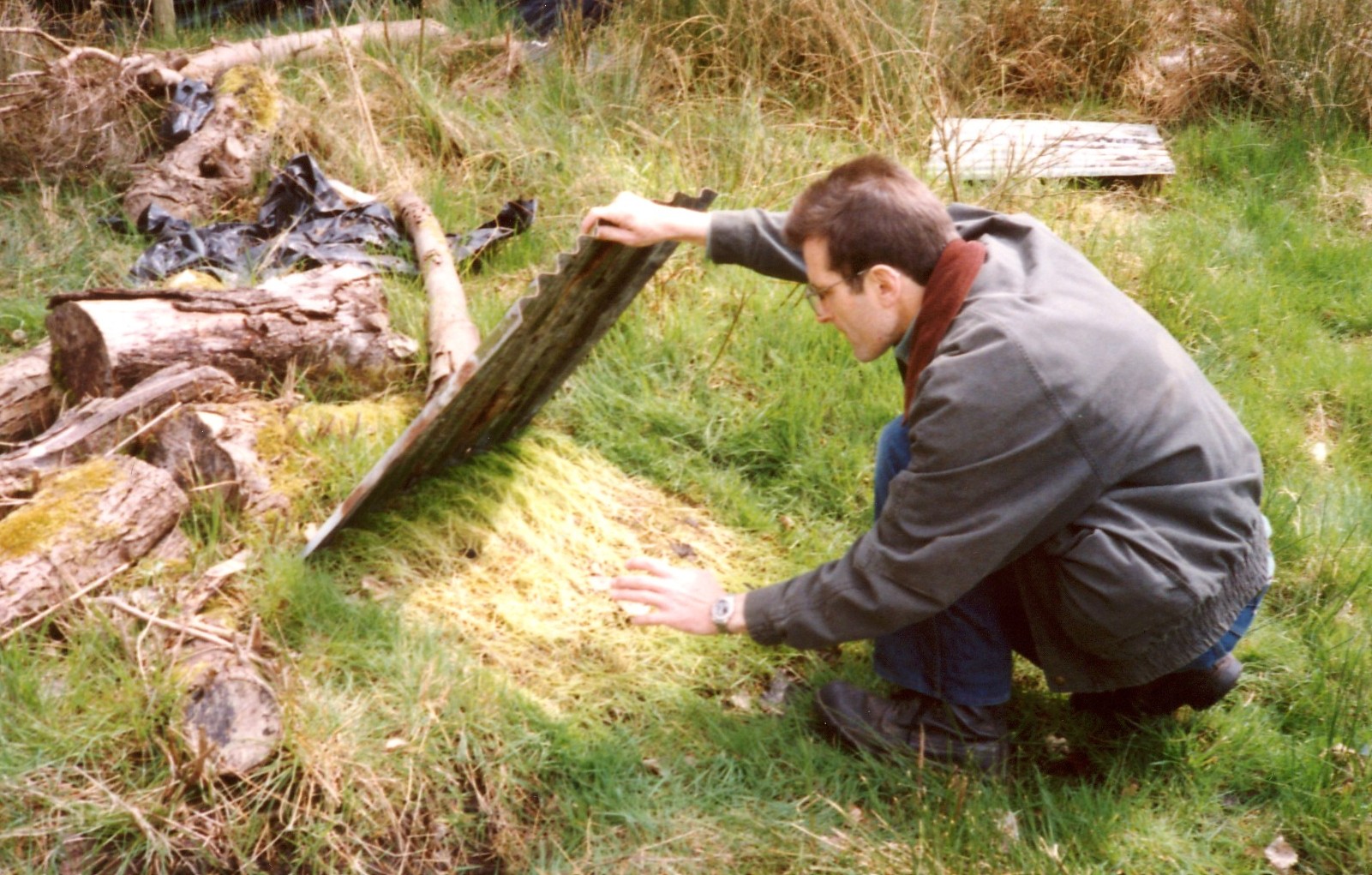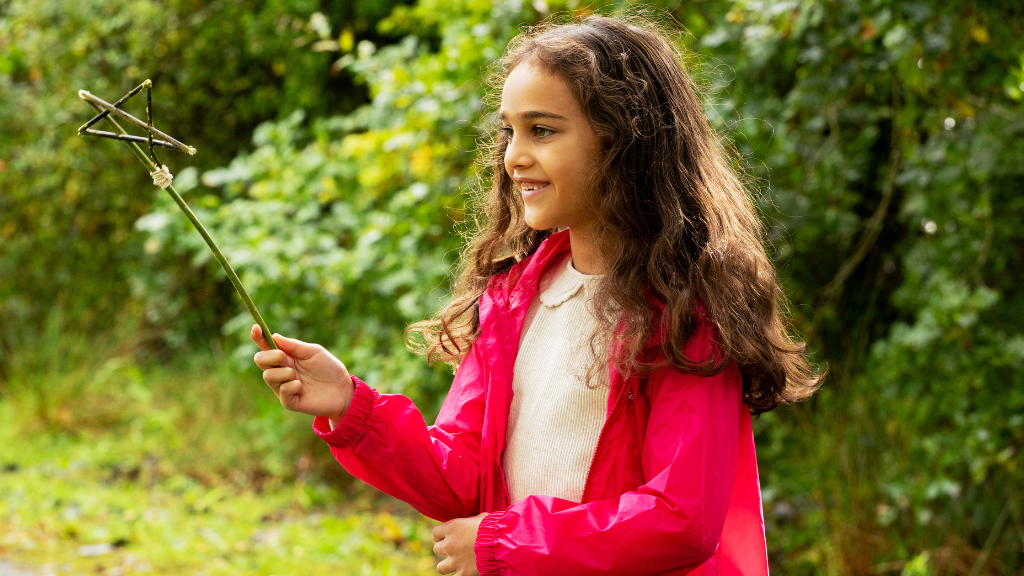Perfect Pond Season - 3
Guest blog by Nick Oliver
The Perfect Pond Season was our way of marking the British Ecological Society’s Festival of Ecology. For seven weeks we went wild about all things pond. From fresh water sampling and reedbed walks for older children and adults, through to Perfect Pond Shows and froggy arts and crafts for our younger visitors, 2,095 of you took the opportunity to immerse yourself in our pond-based activities.
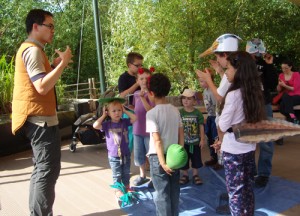
First off, our pond succession experiment, which should have demonstrated how a new pond is colonised, yielded little more than midge and mosquito larvae, with the odd water flea thrown in for a bit of variety. The pond skaters and the diving beetles which we were sure would show up to eat this squirming banquet, were conspicuous by their absence. This small pond will stay there on the bank of our Pond Zone, and perhaps over time, it will be colonised by some of the critters that live in the nearby raised ponds, where so many of you come to pond dip.
Many of our younger visitors – as well as their grown-ups - came to see our Perfect Pond Show which ran for the first two weeks of the summer holidays. Aside from learning how the grown-ups could create the perfect pond in their own gardens, we also enlightened our audiences about the perils of planting non-native pond plants, and in true London Wetland Centre style, gave children the chance to join us “on stage” to model the latest in snail hats and newt tails.
Almost 200 visitors reported for duty in our comparative pond surveys, which ran throughout the Perfect Pond Season. This gave the public the chance to pond dip in new locations on-site, and when the summer route reopened, an opportunity to explore an area of the reserve normally closed to the public. This was all in the name of “citizen science”.
Using scientific methodology, participants were encouraged to identify the freshwater invertebrates collected to assess the quality of the water in each of the locations. As a reminder to those of you who have read previous blogs – and as background for those of you who are reading for the first time – we used the National Pond Survey methodology which includes the Biological Monitoring Working Party (BMWP) index to assess whether a body of water is polluted or not.
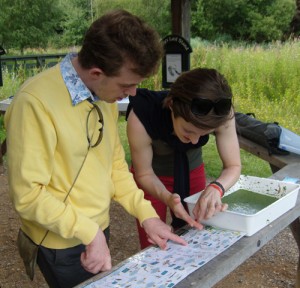
Invertebrates caught are identified to family level, and each family is given a score between 1 and 10. Different aquatic invertebrates have different tolerances to pollution, and the score each family gets reflects their perceived susceptibility to pollutants.
Whilst individual survey results were variable – ranging from poor results through to good - taken as one, they showed the great biodiversity we have in our water bodies here at the centre, and demonstrated the water quality across the site.
In first place with an overall BMWP score of 112 – indicating that the water quality is very good – was the Succession Trail, our boardwalk pond on the West Route. Surveys here threw up everything from highly pollution intolerant mayfly nymphs to water scorpions, and had the greatest diversity of animals. The Amphibian Pond in Wildside delivered a good score of 96, and proved to be a productive breeding ground for the caddis fly which produces the curious swimming larvae, Triaenodes bicolor and the brown hawker – one of the UK’s larger dragonfly species. In the reedbeds, our filtration system produced a score of 92. Whilst the score was lower than many of us anticipated (which does seem a bit harsh – after all a score of 92 is just 8 short of the magical “very good” category), the location held a number of challenges – being able to easily get to the water’s edge to take a good scoop being the key one.
Finally, the Cricklade Stream, whilst deemed “good” in BMWP terms came in last place with 84, but delivered plenty of diving beetle larvae.
We’ll be sharing our findings with the reserve team and colleagues at the British Ecological Society, and whilst the Perfect Pond Season is done and dusted, it’s helped many of us on the Learning team develop our own surveying and ID skills, which enhances our ability to engage our visitors during our more regular pond dipping activities.
